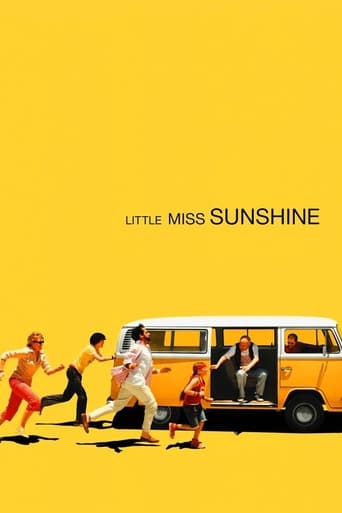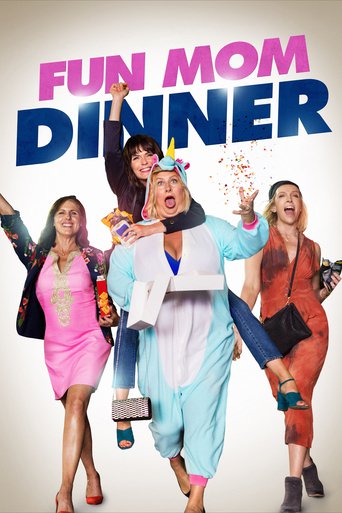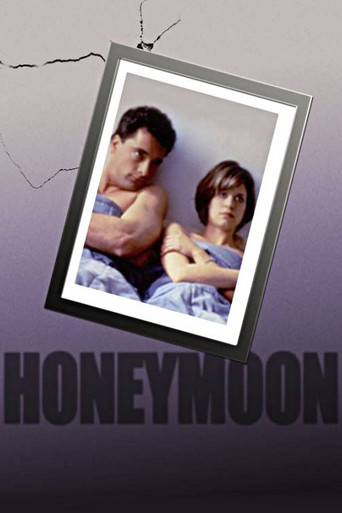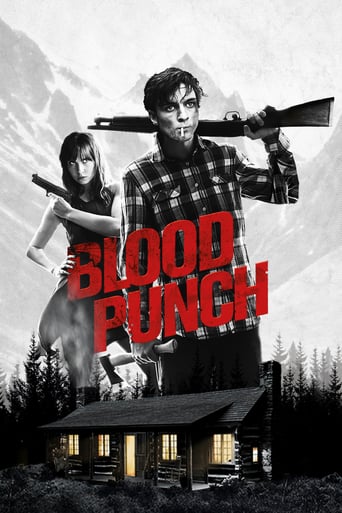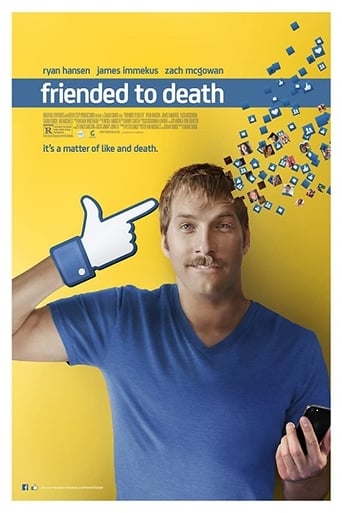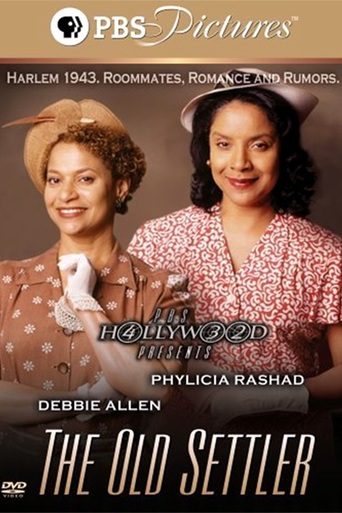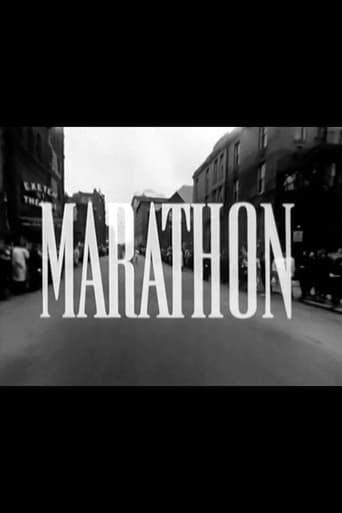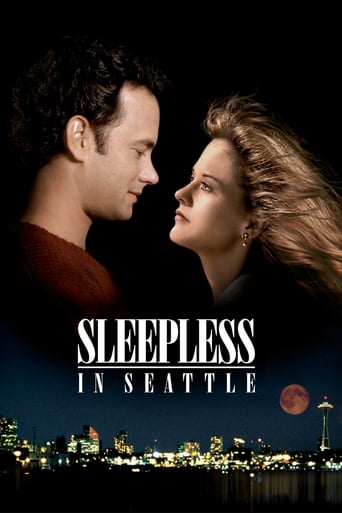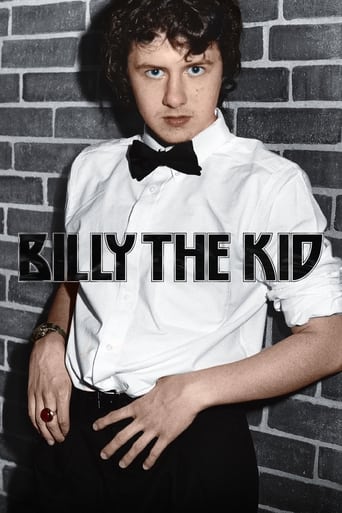
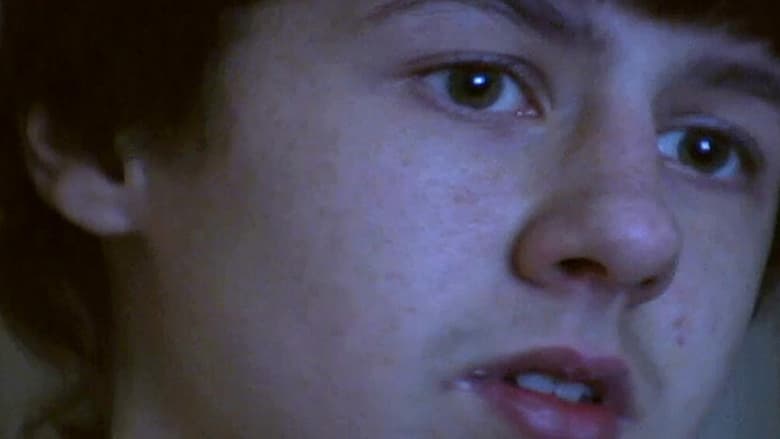
Billy the Kid (2007)
"I'm not black, I'm not white, not foreign, just different in the mind. Different brains, that's all," explains 15-year-old Billy in Jennifer Venditti's provocative coming of age film. Following Billy as he bicycles through the quiet streets of small town Maine, we watch him traverse the frustrating gap between imagination and reality, grappling with isolation and first-time young love. By turns exhilarating and disturbing, we see the world from the intimate view of an expressive and seemingly fearless outsider.
Watch Trailer
Cast
Similar titles

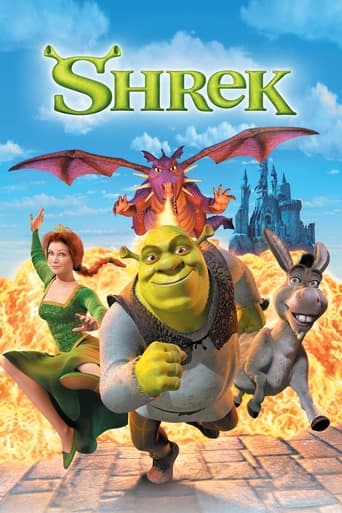
Reviews
the audience applauded
When a movie has you begging for it to end not even half way through it's pure crap. We've all seen this movie and this characters millions of times, nothing new in it. Don't waste your time.
Like the great film, it's made with a great deal of visible affection both in front of and behind the camera.
This is one of the best movies I’ve seen in a very long time. You have to go and see this on the big screen.
Whatever one would think a documentary should be, it need only serve one purpose and that is to document. This movie does that."Billy the Kid" shows a difficult time in a teenage boy's life.. The awkwardness, the desire for acceptance, independence and an intimate relationship. We are lucky that Billy was able to put it right out there and for Jennifer Venditti to document it for us to see.Billy's courting of Heather was very sweet and innocent. He definitely didn't have a perfect social grace, but he is honest and genuine. In the end, his heart was (mildly) broken from his puppy dog love and he learned a life lesson.Though the camera may have prevented others from acting how they would normally act, the signs of annoyance and disregard for Billy were still apparent. There seemed to be an air of some laughing behind his back, but Billy pressed on and I think the camera gave Billy a chance to interact with others. A chance that 'different' people do not always get in this cynical world.Best of luck, Billy. You too Jennifer. ;)
This film demonstrates the depths to which the documentary medium has sunk. Documentaries should be about exposing emotional and/or socio-political truth through reality. In the same way that it was Welles' tragedy to make 'Citizen Kane' as his first film, it is the documentary genre's tragedy that it was effectively created through 'Nanook of the North'. For many years, documentarists tried to keep pace with Flaherty, or, like Dziga Vertov, create an albeit inferior alternative.Eventually, they gave up and succumbed to the talking head as the purveyor of truth. The only thing talking heads purvey is words, and words are not the prime medium of expression in cinema.'Billy the Kid' the film is as sad a case as Billy the Kid the person. The film relies on obsessive immediacy in the same way that Billy relies on obsessive subjectivity. There is not, as far as I can remember, one time in the film where anything is communicated by the placement of the camera or the arrangement of the content of the frame.With Flaherty, it is completely the reverse, it is difficult to find images that are not primarily giving us truth through the placement of the camera. Of course Flaherty *arranged* his films, he scripted them and they were 'acted', not made 'on the hoof'. But there is more emotional, and ontological truth in every scene in Flaherty's work than in the whole of 'Billy the Kid' and a hundred nonentities like it.The film doesn't even try to be visually expressive. It is television and it has the same relation to the art of the cinema as an average magazine article has to the art of literature.
One of the things that make documentaries continually interesting even when they don't focus on momentous themes (but isn't adolescence pretty momentous?) is that in making them filmmakers discover things they could never have planned or imagined. Though its final form is highly questionable, Andrew Jarecki's Capturing the Friedmans is a prime example. Jarecki went out to do a story about a party clown and discovered a scandal of sex perversion that wrecked a family. Jennifer Venditti, who had a background as a scout for unusual fashion models, was looking for cast for Carter Smith's short film Bugrush (a Sundance winner in 2006) in a small Maine town, when she discovered Billy, and she made her feature debut about him. Billy has been diagnosed with Asperger's Syndrome, though that wasn't known at the time of filming. That explains some things, such as the sophisticated vocabulary, the awkwardness with people, and the eyes that never look directly at the camera. It explains why Billy had rages as a small kid, and why a specialist in Boston erroneously told Billy's mom he would have to be institutionalized. But while Billy may be seen as a geek by classmates, he comes off as sociable, nice, aiming to do good, and in various ways "normal" for a fifteen-year-old. Billy is a touching, funny boy who's astonishingly outspoken and forthcoming about himself and communicative with others he meets and also able to come up at once with the right thing to say in all sorts of situations. In fact that's what's abnormal, if in a good way: a kid isn't usually this articulate. He has completely open conversations with his mother, who treats him as her "best friend," but also knows when to be "the parent." He ingratiates himself quickly--too quickly, it turns out--with Heather, a sixteen-year-old girl who works at a soda fountain, and with her grandmother and brother and stepfather. He quickly falls in love with her, and this is the most important thing in his life, though he insists it's not an "obsession." Billy is also in love with Heavy Metal, plays an electric guitar along with films of AC/DC and Kiss, plays video kill games (but won't shoot women, "even fake women"--he dreams of rescuing "a damsel in distress"), likes horror movies, and has a purple belt in karate. He likes to work out and also to dress up in a tuxedo and imagine himself as James Bond. He grew up thinking the world is evil inside his imagination, but later decides it's evil on the outside just as much. He sees himself as a mass of seething emotion inside his mind. Is this unusual or dangerous for a teenage boy? Hardly. His school librarians get worried when he takes out a couple of books on serial killers at one time. Is that dangerous? His mother says he's just interested in exploring things. The reality is that Billy's father was a drug abuser and alcoholic who beat his mother. Billy went after him with a steak knife once when he did that. Then his father committed a felony and disappeared. His stepfather doesn't appear in this film, and is going to Florida by himself to seek work, because he doesn't like Maine winters. It's possible to see Billy as desperate. But it's possible to see many fifteen-year-old American boys that way. It's also possible to see him as coping unusually well. He expresses many positive thoughts. He tells his mother he loves her. He loves Heather. He joins the glee club, and later we see him having fun with his fellow singers after a performance. But Billy knows he is different, "different in the mind." We can see a kind of triumph in his eloquence--he can tell us what's going on with him at any given moment--and yet know this is the painful triumph of the artist, of the hyper-sensitive person. And his apt descriptions are often hilarious and touching. He's absolutely adorable at times, and at others so vulnerable that it hurts. It's adolescent boyhood in the raw, intelligent, but not slick. This is a marvelous little film. Billy is an authentic character nobody could invent. But like Capturing the Friedmans, though without dealing with scandal or perversion, it raises questions about how it was made. It would seem churlish to say Billy's faking it when he courts Heather and goes for a walk with her and talks about how his heart is aflame with his love. But we know only that he wore a mike and that the film was made in a couple of months. This kind of issue goes back at least as far as the PBS series in 1973 about the Loud family. People behave differently when they're being recorded. It's obvious that Billy was born to address a camera and talk about himself. That must be one of the reasons why Venditti chose to make a film about him. This isn't the whole story; it never is. Reality is complex. But one thing is obvious: Billy is a memorable kid, and this documentary is worth watching.
Billy is not that different from the rest of the world who happen to also be fifteen years old. He has an active fantasy life, he wants a girlfriend, he wants to know he has a place in the world, somewhere. He is fortunate enough to have an extremely supportive and loving mother who says that they are 'best friends' and the evidence of that is clear, once you see how they relate to one another. His life is not that fascinating but whose is at that age. There are moments of extreme boredom and many of happiness, too. Billy become interested in a girl who works at a local diner whose name is Heather. She does not have much to say, or maybe she just does not have that much to say while she's on camera. Not everyone in the world is completely at ease under those circumstances..I know I wouldn't be. But Billy seems to be, and he tries to charm Heather and at first it works and then it kind of doesn't. They break up and he is not too happy, but he pushes on. The best moment in the movie is when he asks her out, off-camera, and then gets a round of applause from some guys who happen to be hanging out near the diner. Billy is an interesting guy. I'm three times his age, plus some, and I can relate to much of what he feels. I wouldn't mind knowing what happens to him next. 8/10.
